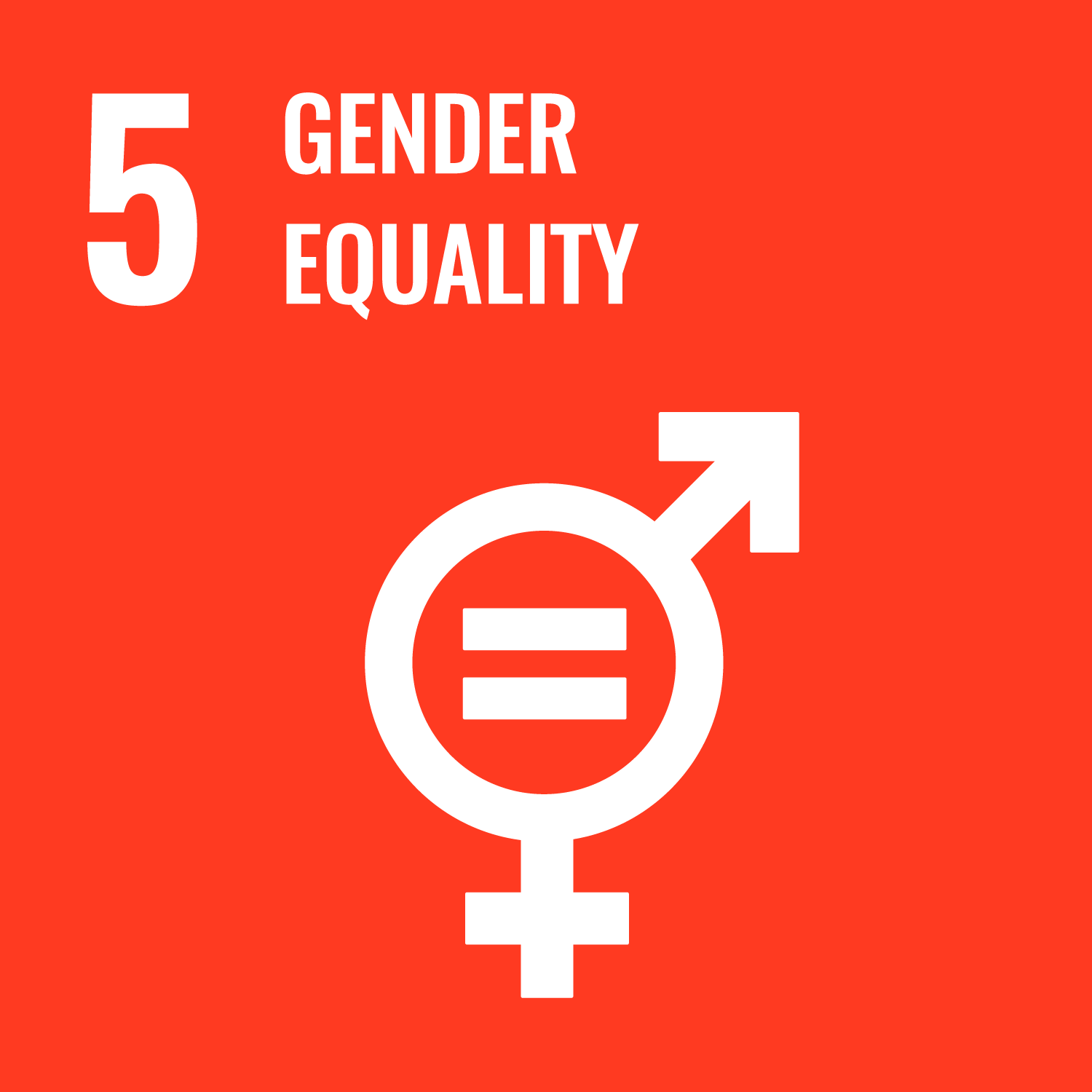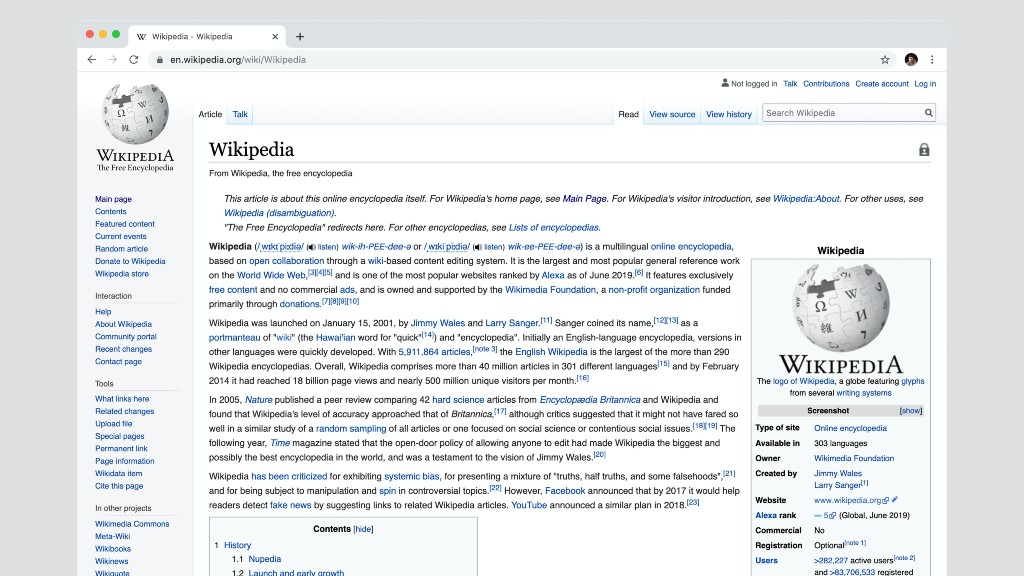Wikipedia is also affected by the gender gap
A study in which the UOC has participated highlights persistent gender bias in the content and editorial participation in this free encyclopaedia
Since its inception in 2001, Wikipedia has become a key component of the modern public sphere that has reshaped the creation and dissemination of information. However, its decentralization and flexibility have flaws, especially in terms of inclusion and diversity.
Persistent gender biases in content and editorial participation stand out, with a low percentage of biographies of women and an unequal representation in editing, as well as gaps in gender representation in content, biases in editing and participation, and imbalances in the number of readers.
These are the main findings of a study published in open access in the journal Profesional de la información / Information Professional, in which an exploratory review of Wikipedia from 2007 to 2022 was carried out by Núria Ferran and Juan José Boté, members of teaching staff of the University of Barcelona (UB), and Julià Minguillón from the Universitat Oberta de Catalunya (UOC) Faculty of Computer Science, Multimedia and Telecommunications, and the STEAM University Learning Research Group (EduSTEAM).
Ferran said that "Wikipedia is a knowledge institution governed by issues of power. Those who can dominate its technocratic system of representation emerge as intermediaries of power within this environment. And those who can't master this system remain excluded. Unless Wikipedia radically changes its own knowledge production culture, women will remain in the margins."
The descriptive analysis of the study examines the authorship of articles, the academic disciplines involved, institutional affiliations and the authors' locations. It also analyses the focus of articles and makes a chronological analysis of the production of documents. An analysis of this content reveals academic findings in three main areas: a gender gap in content, in editing and participation, and in the number of readers.
“Wikipedia is a knowledge institution governed by issues of power”
How to end gender bias
The article provides a detailed view of the gender gap on Wikipedia, highlighting the importance of addressing this issue to ensure a more equitable and diverse platform, and presents strategies to address these gaps, stressing the importance of improving the visibility of female editors, promoting constructive feedback and fostering a more inclusive community.
In Ferran's opinion, "the solution will be found by addressing the issue as a systemic problem, which requires long-term strategic proposals. We need to diversify contributions and recognize that Wikipedia's hierarchical collaboration model reinforces dominant voices, excluding non-dominant perspectives. The goal isn't only to reduce bias but also to make Wikipedia a more robust, reliable and transparent knowledge production platform. This holistic approach is essential for lasting change."
This research contributes to UN Sustainable Development Goal (SDG) 5, Gender Equality.
Reference article
Ferran-Ferrer, Núria; Boté-Vericad, Juan-José; Minguillón, Julià (2023). Wikipedia gender gap: a scoping review. Profesional de la información, v. 32, n. 6, e320617. DOI: https://doi.org/10.3145/epi.2023.nov.17
UOC R&I
The UOC's research and innovation (R&I) is helping overcome pressing challenges faced by global societies in the 21st century by studying interactions between technology and human & social sciences with a specific focus on the network society, e-learning and e-health.
Over 500 researchers and more than 50 research groups work in the UOC's seven faculties, its eLearning Research programme and its two research centres: the Internet Interdisciplinary Institute (IN3) and the eHealth Center (eHC).
The university also develops online learning innovations at its eLearning Innovation Center (eLinC), as well as UOC community entrepreneurship and knowledge transfer via the Hubbik platform.
Open knowledge and the goals of the United Nations 2030 Agenda for Sustainable Development serve as strategic pillars for the UOC's teaching, research and innovation. More information: research.uoc.edu.
Experts UOC
Press contact
-
Rubén Permuy


